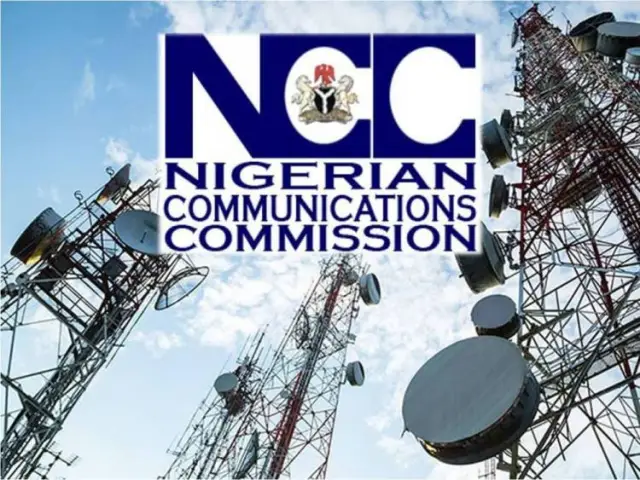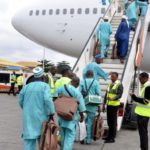Nigeria’s telecommunications sector witnessed a notable decline in internet users following a 50 per cent tariff hike on voice, data, and SMS services implemented in January 2025.
According to the News Agency of Nigeria (NAN), the Nigerian Communications Commission (NCC) made this known in industry statistics on its website.
According to the report, the industry lost approximately one million internet users in February, with the user base shrinking from 142.16 million to 141.25 million.
It said although a slight recovery was observed in March, with the figure rising to 142.05 million, the sector’s data consumption patterns were significantly impacted.
The NCC data showed a 12 per cent decline in monthly data consumption in February, dropping to 893.06 petabytes from January’s record high of one exabyte.
It, however, said a marginal rebound was recorded in March, with data usage increasing by 11.5 per cent to 995.88 petabytes.
Despite this modest recovery, the report said consumption levels remained slightly below the January peak, suggesting that subscribers continued to exhibit caution in their usage habits due to the increased tariffs.
Meanwhile, the telecom industry demonstrated resilience in other areas, with operators adding 3.39 million new telephone users between January and March.
This growth propelled the total active lines from 169.32 million to 172.71 million, subsequently boosting Nigeria’s teledensity from 78.10 per cent to 79.67 per cent during the same period.
In terms of market dynamics, Mobile Network Operators (MNOs) maintained their dominance in the internet market.
Read Also: 2025 UTME results consistent with 12-year trend — JAMB
MTN Nigeria led with 75.62 million users, followed by Airtel Nigeria with 48.8 million, Globacom with 15.37 million, and 9mobile with 1.75 million.
MTN also retained its market lead in active telephone lines with 90.5 million subscribers, representing a 52.48 per cent market share, while Airtel followed with 58.3 million users (33.78 per cent), Globacom with 20.7 million (12 per cent), and 9mobile with 2.9 million (1.72 per cent).
The latest industry figures underscore the complexities facing Nigeria’s telecom sector as operators navigate economic pressures and evolving consumer behaviours.






